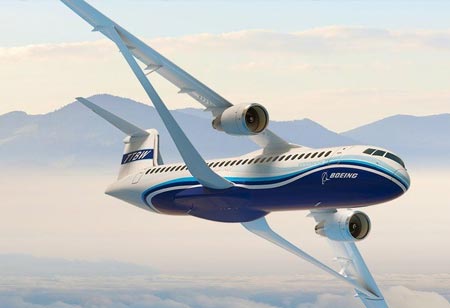THANK YOU FOR SUBSCRIBING
Technology Shaping up the Future of Air Travel
The move towards data democratisation empowers the industry to make strategic decisions informed by facts. Big data, combined with AI and ML, allows the sector to predict and predict customer behaviour in order to fine-tune its strategy.

By
Apac CIOOutlook | Monday, August 09, 2021
Stay ahead of the industry with exclusive feature stories on the top companies, expert insights and the latest news delivered straight to your inbox. Subscribe today.
The move towards data democratisation empowers the industry to make strategic decisions informed by facts. Big data, combined with AI and ML, allows the sector to predict and predict customer behaviour in order to fine-tune its strategy.
FREMONT, CA:The aviation industry is not unaffected by the digital wave effects, which have created a ripple effect across industries and organisations. It is not among the leaders of the digital revolution, however. Instead, to keep up with the demands and desires of modern travellers, it actually responds to the latest wave of technology and follows the trends.
Low-cost carriers have been the preferred option for travellers in the past few years. Travelers are now seeking a fully customised experience, right from the booking process to the end of their journey. To assess the needs of their clients and then formulate their customer plan accordingly, the aviation industry should exploit Sentiment Analysis.
The changing aviation industry has five main drivers: Culture, Climate, Politics, Economy, and Technology. Although it is quite difficult to regulate social, environmental, political and economic influences, technology is becoming the aviation industry's prime concern.The aviation industry is in a very dynamic state with futuristic, alternative travel modes like Hyperloop, with the increasing popularity of the highly sophisticated AR/VR technology. While air travel is still the preferred mode for long-distance travel, if it fails to adjust and comply with the latest technologies, the tables could turn on the industry.
Artificial Intelligence
A recent market report projected a 46.4 percent CAGR for AI in the aviation market by 2023. In order to generate full customer loyalty, AI is used to provide a customised travel experience to passengers. The digital experiences between airlines and passengers are personalised, personalised and extended by artificial intelligence. AI and ML, added to the passengers' social opinion, allow the airline industry to curate their services according to the passengers' needs.
Big Data
The move towards data democratisation empowers the industry to make strategic decisions informed by facts. Big data, combined with AI and ML, allows the sector to predict and predict customer behaviour in order to fine-tune its strategy. As data earns the prestige of the most precious commodity in the modern age, it is only prudent to use data mining techniques proactively to build a comprehensive strategy with high chances of succeeding.
Automation
With the new developments in technology, pilotless planes will soon become a reality as computers become smarter. Hybrid RPA will make it possible for an aircraft to complete a journey without manual intervention, integrated with the cognition of AI. Even today, aircraft in auto-pilot mode complete much of the flight, with manual pilots taking over control only at take-off and landing times.However, given the complexities and risks involved during a flight, it is extremely unlikely that no manual pilots will be on board in the future. During an emergency, the unstable nature of machines renders them unreliable, thereby requiring a human pilot to manage the plane and safely complete the flight.





